I got up at the Sheraton for my consulting day here in Tel Aviv early. It’s hard enough doing business travel, but when you wake up in a country you’ve never been in before, it’s best to give yourself a lot of time. This turned out to be wise, because even though it’s a Sheraton business type hotel, if you want to iron your shirt, as I did, you have to go to the common room for ironing. In a small featureless room that contained only irons and ironing boards, myself and one other shirtless guy stood ironing our shirts. The door to the room was open, and guests walking to the 2nd floor elevator looked at us ironing topless as they passed by.
I can’t really tell you much about the Israeli company I’m visiting here, because I’m bound to confidentiality. But I can tell you that it was quite an experience to visit this little laser manufacturer. They are scrappy. They managed to fit a multimillion dollar per annum operation in a single floor of an old office building. I don’t think the floor area is much bigger than the little house I just bought in San Francisco. It looks like I will probably continue doing some light duty work for them, though it seems unlikely that I will need to return to Tel Aviv to do it.
As we walked around the building, large fans blew air around in every room. Over the weekend, an antiquated water heater had failed on the floor just above and flooded the place. Even as they dried out and made piles of ruined materials, the company kept manufacturing and operations going.
My corporate host - I’ll call him “E” - is something of a foodie. He took me to a great sushi place, and a wine-oriented restaurant called the Coffee Bar. Upwardly-mobile Tel Avivans like E want to be thought of as world citizens, it seems. I got the sense from him and the city itself that people in Tel Aviv would like to distance themselves from the I/P conflict, and move on with there lives, their businesses. In Tel Aviv, I saw almost no Arabs or Palestinians, so this attitude is easy to affect.
At the Coffee Bar, we had Israeli wine (from the Golan Heights area, and it was very good). E is a wine buff, and shared lots of details of Israeli wind production. Like why Israeli wines historically have been both mostly kosher and not good, and the growing trend of non-kosher botique style Israeli wines. The particulars of how to make kosher wine. When I asked my host if these wineries or other new business went to similar trouble to make halal products (a question I later realized was kind of senseless, since alcohol isn’t favored in Islam), my host drew a blank. Living in a sea of 50 million Muslims, this gracious and welcoming world citizen had never heard of the Muslim equivalent of kosher.
Tuesday, September 2, 2008
The little Israeli laser company that could
Subscribe to:
Post Comments (Atom)


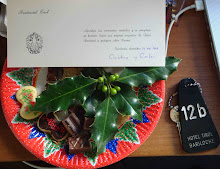














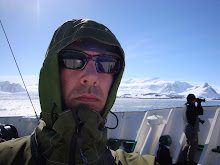
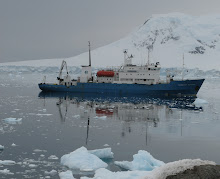



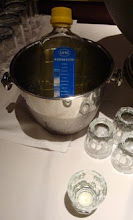
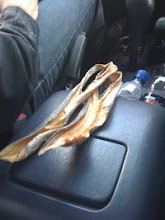
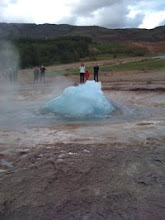







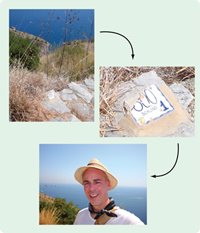
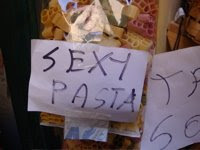

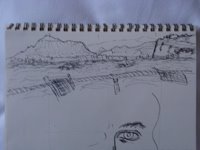

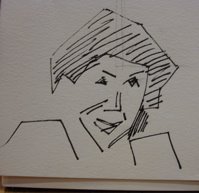









No comments:
Post a Comment